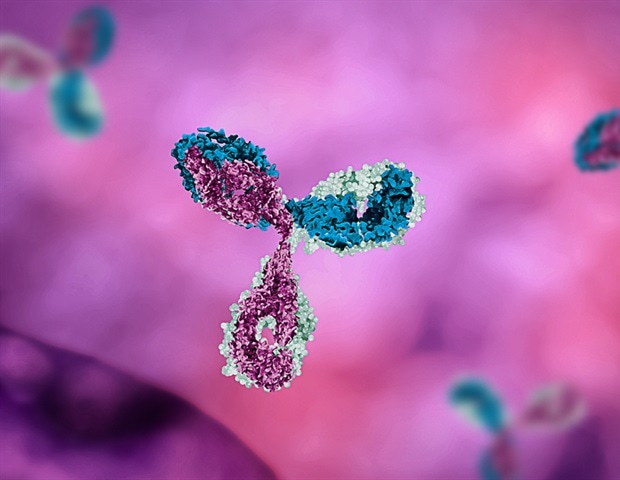
Adult children are over four times more likely to be estranged from their fathers than their mothers, a new long-term national study found.
The research showed that 6% of adult children in the study reported a period of estrangement from their mothers, compared to 26% who said they were estranged from their fathers.
But for most adult children, the estrangement is only temporary – 81% of estrangements with mothers end, as do 69% of those with fathers.
This study, one of the few that has examined national trends over time, suggests that adult children’s relationships with their parents may be more complicated – and less permanent – than often assumed, said Rin Reczek, lead author of the study and professor of sociology at The Ohio State University.
“One of the messages from this study is that estrangement between adult children and their parents is fairly common, especially with fathers,” Reczek said. “But these estrangements tend to end eventually.”
Reczek conducted the study with Lawrence Stacey, a graduate student at Ohio State, and Mieke Beth Thomeer of the University of Alabama at Birmingham. Their results were published recently in the Journal of Marriage and Family.
The parents in this study had participated in the National Longitudinal Survey of Youth 1979, which is a nationally representative sample of men and women who were aged 14-22 in 1979. They were interviewed regularly from 1979 to 2018.
The researchers were able to link this data of parents with a sample of their children who participated in the Child and Young Adult supplement of the NLSY.
With these two data sets, the researchers were able to track child estrangement in 8,495 mother-child relationships and 8,119 father-child relationships. From 1994 to 2018, adult children reported on various indicators of parent-child contact and closeness. Those who had no contact with a parent or very little contact and reported their relationship was not close were counted as estranged.
Results showed that a variety of factors were related to estrangement, including gender, race and ethnicity, and sexuality, Reczek said.
Daughters were 22% more likely than sons to be estranged from their fathers, but slightly less likely than sons to be cut off from their mothers.
“So daughters are more likely to stay connected with their mothers and sons were more likely to stay connected to their fathers,” Reczek said.
Still, children overall were less likely to be cut off from their mothers.
“Mothers are the primary caregivers to children in our society, so it makes sense that they are more likely to stay close with their children,” Reczek said.
Black adult children were 27% less likely to be estranged from their mothers than were white adult children, which is in line with research showing that Black mothers are a uniquely stable feature in U.S. family life.
But, in contrast, Black and Latino adults are more likely to report an estranged relationship with their fathers than are white adults.
Also demonstrating the key role mothers play in the lives of their children, results showed that gay, lesbian and bisexual children were no more likely to be estranged from their mothers than were heterosexuals. But gay and lesbian children were 86% more likely to report estrangement from fathers than were heterosexuals, and bisexuals were nearly three times as likely to report an estranged relationship with fathers.
For all adult children in the study, separations from a parent often occurred soon after the children became adults: The average age children were first estranged from their mother was 26, and from their father, 23.
“Early adulthood is full of transitions such as college, new jobs, marriage, parenthood, all of which can help lead to estrangement or, in some cases, protect against it,” Reczek said.
For example, adult children who had been married and divorced were more likely to be estranged compared to never-married adults.
Having their own children decreased an adult child’s risk of estrangement from fathers, but not from mothers.
But it is not only the adult children’s characteristics that were related to estrangement. Results showed that when the parents were older, employed, and when the fathers had higher levels of education, they were less likely to have separations from their adult children.
“It may be that when parents are employed and fathers are highly educated, they can provide more support to their adult children and that puts less strain on the parent-child ties,” Reczek said.
Adult children may be less likely to be estranged from older parents because the parents require caregiving that the children feel responsible for.
Although there were differences in gender, race/ethnicity and sexuality related to estrangement, results showed there were no such patterns in which parents and children later reunited.
“We can’t tell from this data why estrangements ended and whether these relationships were permanent after they got back together,” Reczek said.
“But it was surprising to me how many estrangements did end.”
Reczek said the team is continuing their research on estrangement with a study examining how it can affect health, and an interview project with people estranged from family.
The study was funded by grants from the Eunice Kennedy Shriver National Institute of Child Health and Human Development, and the National Institute on Aging.
Source:
Journal reference:








